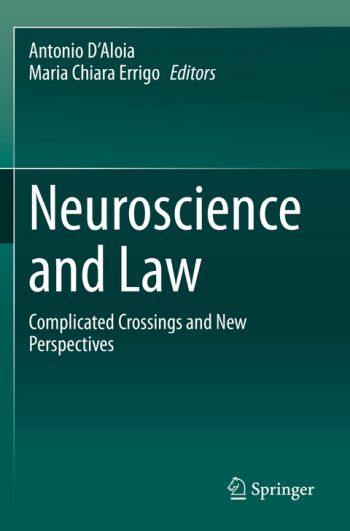
There have been extraordinary developments in the field of neuroscience in recent years, sparking a number of discussions within the legal field. This book studies the various interactions between neuroscience and the world of law, and explores how neuroscientific findings could affect some fundamental legal categories and how the law should be implemented in such cases.
The book is divided into three main parts. Starting with a general overview of the convergence of neuroscience and law, the first part outlines the importance of their continuous interaction, the challenges that neuroscience poses for the concepts of free will and responsibility, and the peculiar characteristics of a "new" cognitive liberty. In turn, the second part addresses the phenomenon of cognitive and moral enhancement, as well as the uses of neurotechnology and their impacts on health, self-determination and the concept of being human. The third and last part investigates the use of neuroscientific findings in both criminal and civil cases, and seeks to determine whether they can provide valuable evidence and facilitate the assessment of personal responsibility, helping to resolve cases.
The book is the result of an interdisciplinary dialogue involving jurists, philosophers, neuroscientists, forensic medicine specialists, and scholars in the humanities; further, it is intended for a broad readership interested in understanding the impacts of scientific and technological developments on people's lives and on our social systems.